₹750.00 – ₹8,500.00
EDTA Calcium 10%
Role of Calcium :
Along with magnesium and sulfur, calcium is one of the three secondary nutrients. Like primary nutrients (nitrogen, phosphorus and potassium), those elements are essential for healthy plant growth. However, they are needed in lesser amounts.
All the above symptoms generally appear on young plants because most of the micronutrients are immobile in the plant unless in Chelated Form. Hence, use of Metaclaw Ca to treat Calcium deficiency is recommended.
PRODUCT SPECIFICATIONS :
- Physical Form : White Powder
- pH : 6.0 to 6.5
- Purity : 99.0 % min
- Calcium Content : 10.0 % min
- Water Solubility : 100%
DOSAGE & APPLICATION :
Soil application:
Mix 500g with 10 kg soil and apply uniformly on one acre.
Foliar Applicaton:
We recommend using “PolyCarb Ca” as a source for foliar application due to its advantages over EDTA Chelates.
Description
Role of Calcium :
Along with magnesium and sulfur, calcium is one of the three secondary nutrients. Like primary nutrients (nitrogen, phosphorus and potassium), those elements are essential for healthy plant growth. However, they are needed in lesser amounts.
All the above symptoms generally appear on young plants because most of the micronutrients are immobile in the plant unless in Chelated Form. Hence, use of Metaclaw Ca to treat Calcium deficiency is recommended.
PRODUCT SPECIFICATIONS :
- Physical Form : White Powder
- pH : 6.0 to 6.5
- Purity : 99.0 % min
- Calcium Content : 10.0 % min
- Water Solubility : 100%
DOSAGE & APPLICATION :
Soil application:
Mix 500g with 10 kg soil and apply uniformly on one acre.
Foliar Applicaton:
We recommend using “PolyCarb Ca” as a source for foliar application due to its advantages over EDTA Chelates.

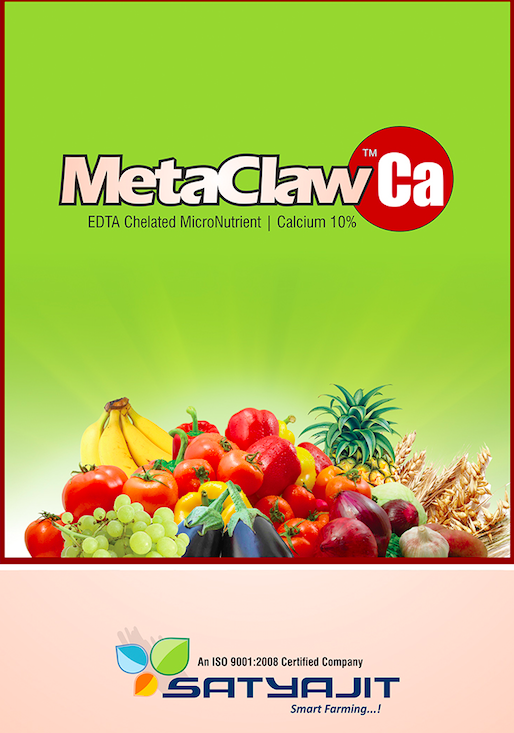
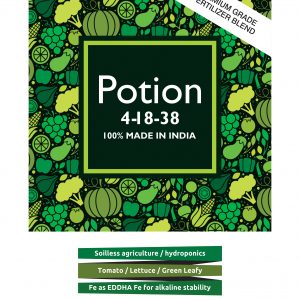
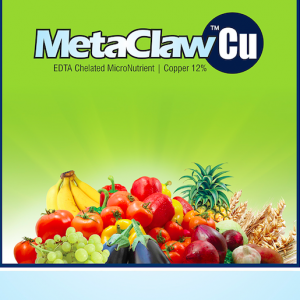
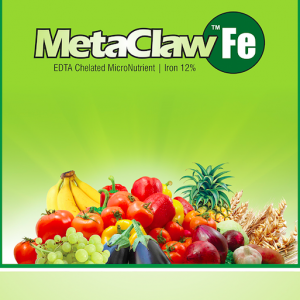
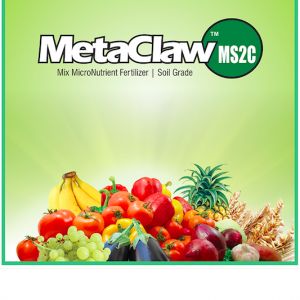
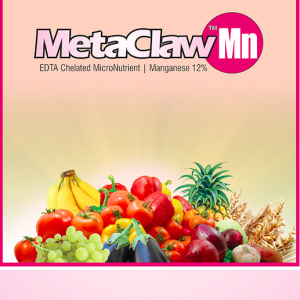
Deepak Jagtap, Nashik –
I use in grapes, foliar application. Good product, great results, excellent service.